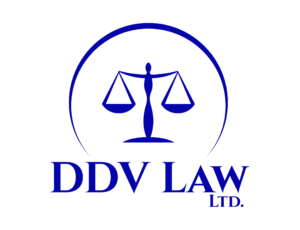2020 has been quite the rollercoaster. Every business needs to take stock of what happened this year then put a plan together for next year with uncertainty being the only known quantity. We can’t control what’s happening out in the world but we can control our business evaluation and planning for 2021.
To understand what happened to your businesses bottom line in 2020 you will need get out of the narrative and into the numbers. The only way to get an accurate picture of your company’s performance is to gather all the relevant performance reports. The key to accurate business reports is accurate data. As the year has transformed from the spring through the summer and into fall many companies put recordkeeping on the backburner to deal with the crisis of the day (…hour…minute…second?). However, until the numbers are input into your tracking software your reports will not be accurate and assumptions will be based on conjecture. Data gathering and input needs to be a priority. Now is the time to schedule time to work with your bookkeeper to double check the accuracy of your data. Only then you can run reports to get a true financial picture of the past year. This work can seem less of a priority but before you can plan for next year you need to know what happened this year first. It also gives you time to meet with your tax advisor to map out the best strategies for the rest of the fiscal year to make sure there are no special surprises from the taxman in April.
Evaluate what worked and what did not work this year. The only consistent in 2020 was change. Every business had to change its business practices, employee oversight, customer communication and marketing. Take a deep breath and figure out what marketing messaging was effective and what processes and procedures helped employees feel comfortable so they could be productive and efficient. Also, look at the efforts that were not successful and learn from them as you put your plan together for next year. This was a year of flying by the seat of your pants, but you survived. Now is the time to document what lessons were learned and use those insights moving forward.
The end of the year is also a great time to finish and formalize all those pesky documents you set aside to do later. Operation agreements and addendums that need to be updated. Those change orders to existing service agreements that have not been formalized yet. Updates to the employee handbook based on all the new COVID protocols on worker safety, working from home and taking sick leave. We recommend you make a list of all the outstanding paperwork that needs to be completed, rank them by priority, then calendar out three to finish each week. Most importantly, keep yourself accountable. Guess what? Nobody likes doing paperwork. You will need a solid action plan with accountability to get these projects completed. It may not seem as important now but should things go sideways down the road your attorney will want to see your documents in order first and foremost.
Once you have cleaned up last year it is time to sit down with your team and make a plan for next year. Benjamin Franklin said, “If you fail to plan, you are planning to fail.” What Ben could not plan for was 2020. If we learned anything from this year it is the importance of contingency planning. Hopefully, next year is more stable but it is best to plan like it will be a continuation of the same. Make a “best case” scenario strategic plan, set your goals accordingly then have contingency plans should you need to shut down or your customers shut down for weeks at a time. If the contingency strikes and you have prepared it does not become a four-alarm fire because you are ready to move forward with your business. Planning to be flexible is more important than ever before (and hopefully not as necessary) but be prepared should you need to engage Plan B, C, D or E. Contact our Chicago area offices by calling 312-878-0155 for assistance with your end of year planning.

